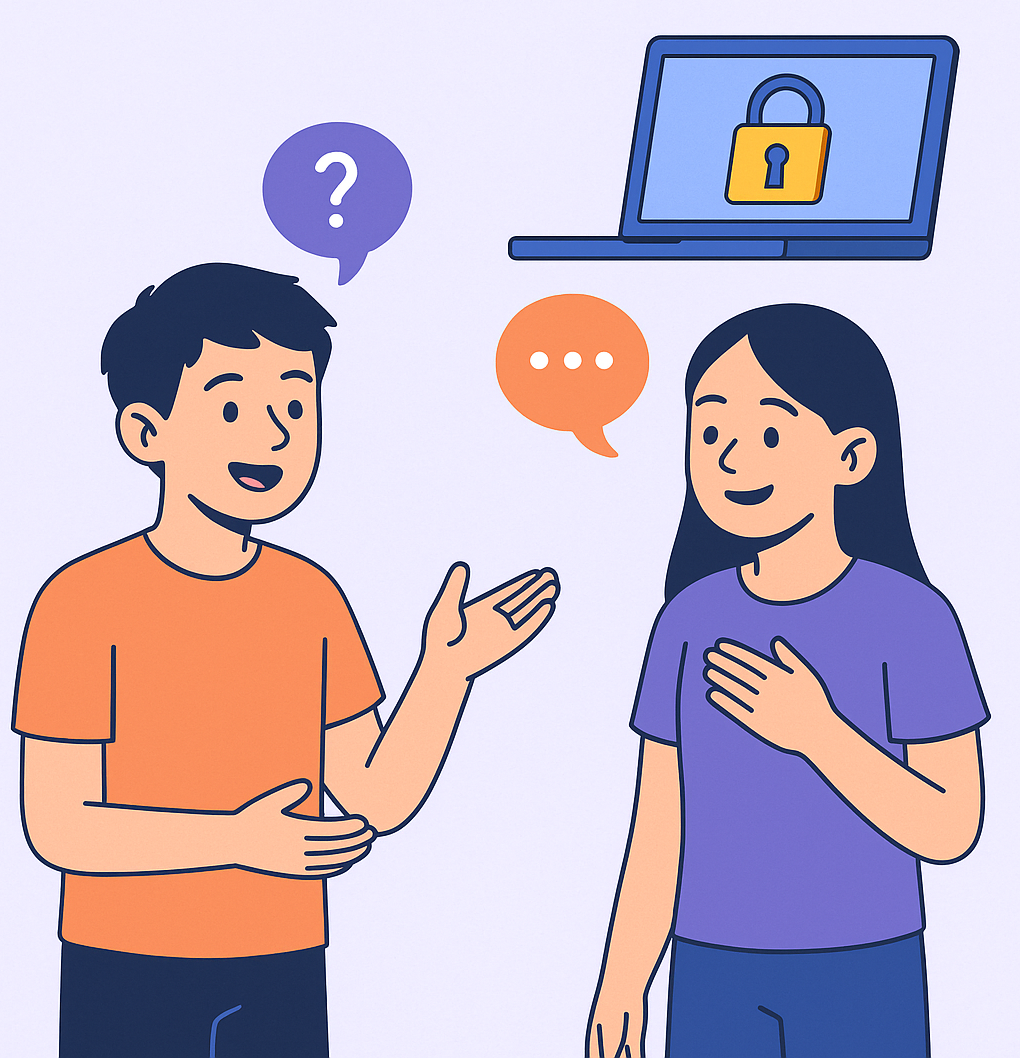Signs That Your Child Is Suffering from Anxiety Due to Online Bullying
Online bullying — often called cyberbullying — is one of the most silent yet damaging forms of harassment facing children and teens today. It doesn’t happen in the hallways anymore; it follows them home on phones, laptops, and gaming consoles. While bruises may not be visible, the emotional impact can be deep and long-lasting.
Recognizing the signs of anxiety caused by online bullying is crucial for early intervention and emotional recovery. As a parent, caregiver, or educator, your attentiveness can make all the difference.
What Is Online Bullying?
Online bullying involves sending, posting, or sharing negative, harmful, or false content about someone using digital devices. It can happen through social media, messaging apps, gaming platforms, and even school forums. Because it’s often anonymous and relentless, it can leave children feeling helpless, isolated, and anxious.
5 Signs Your Child Might Be Suffering from Anxiety Due to Online Bullying
-
Sudden Withdrawal from Devices or Social Platforms
If your child suddenly stops using their favorite apps or avoids checking messages, it might be a sign something unpleasant is happening online. -
Changes in Mood or Behavior
Look for signs like irritability, sadness, frequent crying, anger, or lashing out without clear reason. These emotional changes may signal internal distress. -
Sleep Issues or Physical Complaints
Anxiety often disrupts sleep. Your child might struggle to fall asleep, experience nightmares, or wake frequently. They may also complain of headaches, stomach aches, or fatigue. -
Avoidance of School or Social Situations
If your child starts dreading school, avoiding group activities, or pulling away from friends, it could be because they’re facing online bullying tied to their peer group. -
Low Self-Esteem or Self-Critical Language
Watch for negative self-talk like “I’m stupid” or “No one likes me.” Repeated exposure to harmful messages online can affect your child’s confidence and self-worth.
5 Easy Tips to Support a Child Facing Cyberbullying Anxiety
-
Create a Safe Space for Talking
Reassure your child that they won’t get in trouble for opening up. Listen without judgment and thank them for sharing their experience. -
Document and Report the Bullying
Save screenshots or messages as evidence. Use reporting tools on the platform and, if needed, involve the school or local authorities. -
Limit Exposure While Empowering Them
Rather than banning devices entirely, help your child set boundaries and take control by blocking users or changing privacy settings. -
Teach Coping and Self-Care Strategies
Encourage calming routines such as journaling, walking, breathing exercises, or art. Let them know it’s okay to ask for help — from you or a counselor. -
Get Professional Support if Needed
If anxiety persists or worsens, consider speaking to a mental health professional with experience in child or teen issues.
Call to Action
Don’t wait for your child to say the words — stay observant, stay involved, and build trust through daily conversations. Visit DigitalCitizenship.co to access more tools and printable guides to help families navigate digital life with confidence.





